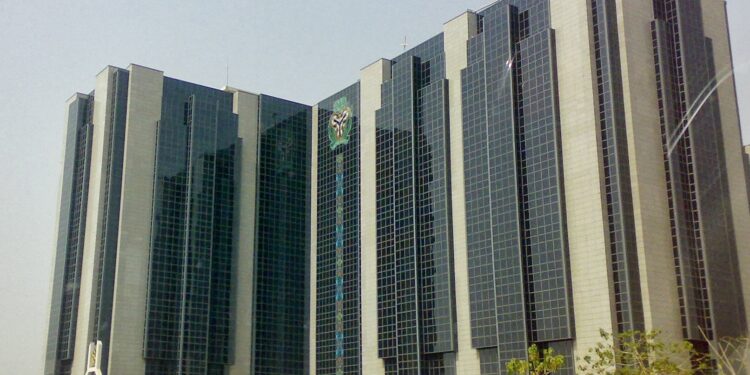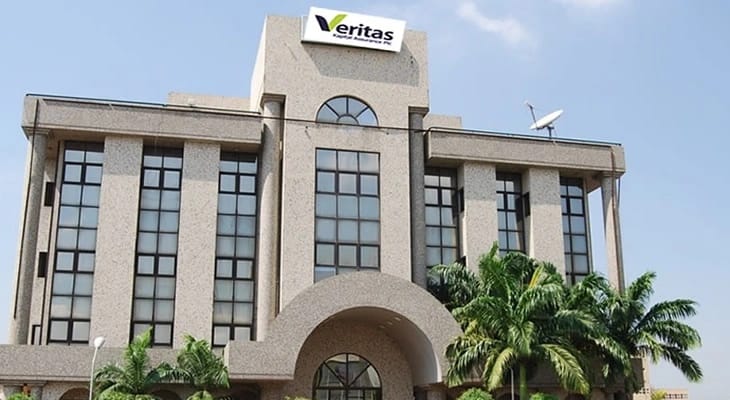- Barbican Capital Limited has acquired a significant stake in FBN Holdings, leading to a power struggle among major shareholders and raising concerns about financial obligations and liabilities associated with the acquisition.
- The response of regulatory bodies, including the Central Bank of Nigeria (CBN), is crucial in determining the validity and acceptance of the acquisition, as they ensure compliance with regulations, promote transparency, and protect stakeholder interests.
- The involvement of the CBN is particularly important due to its previous intervention in removing the board of First Bank of Nigeria (FBN), highlighting the significance of maintaining stability and protecting the interests of minority shareholders and depositors.
FBN Holdings has officially confirmed that Barbican Capital Limited has acquired a significant stake in the company.
The acquisition amounts to approximately 4.77 billion ordinary shares, representing a 13.3% stake in FBN Holdings out of the total 35.9 billion issued shares.
Barbican Capital Limited, which was recently incorporated in March 2023, is primarily owned by Oyeleye Foluke and Otudeko Obafemi Adedamola, who are Oba Otudeko’s children.
This acquisition, if approved by the central bank will result in Barbican emerging as the largest single shareholder in FBN Holdings.
This, of course, assumes other shareholders have not increased their stake beyond what was reported in the 2022 audited financial statement.
As of March 2023, Femi Otedola held a total of 5.57 percent of the bank’s shares, while Tunde Hassan-Odukale held 4.42 percent. Sources indicate both shareholders may have also increased their stake in the bank holding company.
The recent acquisition of FBN Holding shares by Mr. Oba Otudeko, the former bank chairman, has ignited a fierce power struggle among major shareholders of FBN Holdings, Nigeria’s oldest bank.
Recognizing the significance of Otudeko’s emergence as the bank’s largest equity holder, some major shareholders held a crucial meeting on Sunday to strategize their response.
This meeting highlights the importance attached to navigating the changing dynamics and protecting their interests within the bank.
Adding to the complexity of the situation, Ecobank Nigeria Limited has demanded the rejection of the acquisition. Ecobank’s demand is based on an alleged unsettled debt of N13.5 billion owed by Otudeko.
This demand raises concerns about the financial obligations and potential liabilities associated with the acquisition, further intensifying the power struggle.
The power struggle and litigations surrounding the acquisition underscore the magnitude of the situation and the differing interests among the major shareholders. But who is speaking for minority shareholders and millions of depositors, who perhaps have the most stake? How is the regulator protecting them?
The response of regulatory bodies, including the Central Bank of Nigeria (CBN), the Securities and Exchange Commission (SEC), and the Nigerian Exchange (NGX), is crucial in determining the validity and acceptance of the recent acquisition of FBN Holdings shares.
The Central Bank of Nigeria is expected to closely scrutinize the material acquisition in line with its “fit and proper” rules.
These rules ensure that individuals and entities involved in the acquisition meet the necessary criteria of integrity, competence, and financial soundness.
The CBN should conduct a thorough assessment to ensure compliance with these regulations.
Furthermore, the CBN has the authority, under its rules on “lifting the veil of beneficial owners,” to trace the sources of funding for the acquisition.
This investigation would determine the true beneficial owner of the shares, regardless of the registered owners or entities involved.
This scrutiny promotes transparency and ensures that the acquisition adheres to regulatory requirements.
Additionally, Rule 4.1 of the Guidelines for Licensing and Regulation of Financial Holding Companies in Nigeria outlines that when shares amounting to 5% of a holding company are acquired through the secondary market, the holding company must seek approval from the CBN within seven days of the acquisition.
This rule underscores the importance of regulatory oversight and notification for significant share acquisitions.
The involvement of regulatory bodies such as the CBN, SEC, and NGX would serve to protect the interests of stakeholders and maintain the integrity of the financial system.
Their assessment and decision regarding the acquisition will have a significant impact on the validity and acceptance or rejection of the transaction in the best interest of stakeholders which includes not just stakeholders but potential investors and depositors of the bank.
In addition, the intervention of the Central Bank of Nigeria (CBN) is crucial in the current situation involving First Bank, considering its significance as Nigeria’s oldest lender and the large number of customers and deposits it holds.
With about 31 million customers and deposits of over N7.6 trillion, the stability and soundness of the bank are of utmost importance.
While the CBN upholds the principle of “free entry, free exit” in the capital market, it also has the responsibility to ensure that only individuals or entities deemed fit and proper have significant influence over the management and control of banks.
This is essential to protect the interests of depositors and maintain the overall stability of the banking sector.




















